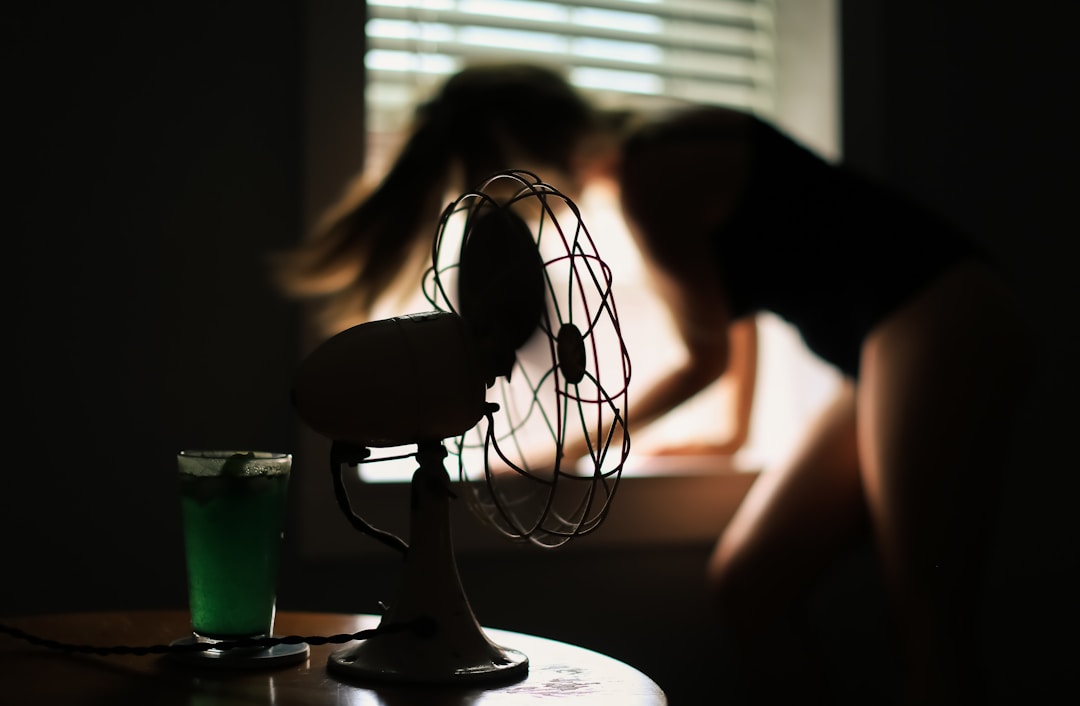When examining the menopause-endocrine connection, it is vital to understand what happens inside your body when it enters the stage of menopause. There are various presenting symptoms such as night sweats and menopause hot flashes that let us know that our bodies are undergoing an adjustment. However, it can be difficult to tell what is going on inside our bodies when we experience these effects. The core process that signals menopause is the decline in hormone production.
Typically occurring between the mid-thirties and accelerating in the late forties, your hormones begin to fluctuate, resulting in unpredictable menstrual cycles and irregular bleeding. By the early to late fifties, your menstrual cycle may end altogether. The end of your menstrual cycle does not mean that estrogen production has stopped but signifies a decrease in output. So how do your ovaries relate to your endocrine system?
Endocrine System

Your endocrine system controls metabolism, growth, and reproduction. It is constantly working to adjust itself to facilitate healthy processes throughout your entire body. Your ovarian hormones affect tissues within your breasts, gastrointestinal tract, urinary tract, vagina, blood vessels, and even your bones. A good thing to keep in mind is that your body is one system made up of many other specialized systems. Everyone’s body is different, so depending on all these systems within you, you may experience many symptoms of fluctuation or none at all.
Menopausal Hot Flashes

The most common symptom women experience during menopause is hot flashes, commonly referred to as hot flushes. More than 60% of women who experience menopause will be affected by hot flashes. They occur sporadically but often begin long before other signs of menopause, so understanding the cause and effects of hot flashes can help you manage them more efficiently. For example, you may want to experiment with triggers. Specific actions can cause hot flashes, such as eating spicy food, consuming caffeine, and stress or anxiety.
Experimenting with which actions affect you most directly can help you learn how to avoid and manage your hot flashes. These actions may seem insignificant to your hormone production, but knowing that your endocrine system and ovaries are tightly connected may help you understand why triggers exist. Menopausal hot flashes typically occur as a direct result of a drop in estrogen levels.
Estrogen levels send a response message to the glands within your endocrine system, telling them to produce a higher amount of other hormones. Hormone fluctuation, regardless of the source, affects your body temperature. As a result, hot flashes are your body’s way of trying to re-regulate your internal thermostat to baseline.
Consider your options

Before you type “top endocrinologist near me” into your google search bar, it can be helpful first to build an understanding of your body’s needs and what treatment plans are available to you. This advice does not mean that you shouldn’t seek out the top endocrinologist near you; instead, that you may consider conducting some in-depth research first.
By examining your options, you can ensure that the best endocrinologist in your area is also the best endocrinologist for you individually. The latest news in internal medicine, clinical trial results, recent studies, and even general medical advice may be tedious or difficult to understand. It may even be hard for you to locate reputable sources regarding your health condition.
An excellent means of educating yourself and preparing yourself for a doctor visit once you have decided to seek treatment is MediFind. This service is an informational hub regarding symptoms, conditions, medical reports, and even specific doctors. If medical terminology overwhelms you, you’ll be happy to hear that MediFind extracts and simplifies the information most closely related to your search for you. This ease of access can allow you to explore all possible avenues of treatment, like hormone therapies, nonhormonal therapies, supplements, lifestyle changes, or a combination of all the above.
There is no one-size-fits-all approach to battling menopausal symptoms. If the severity of your hot flashes or other menopausal symptoms begins to cause sleep disturbances or affect your daily life, seek professional medical advice. The best treatment option is one that is customized to your needs. Listen to your body, utilize MediFind, and consider telemedicine or consult your primary care doctor if your menopausal symptoms worsen or the frequency of hot flashes affects your quality of life.





